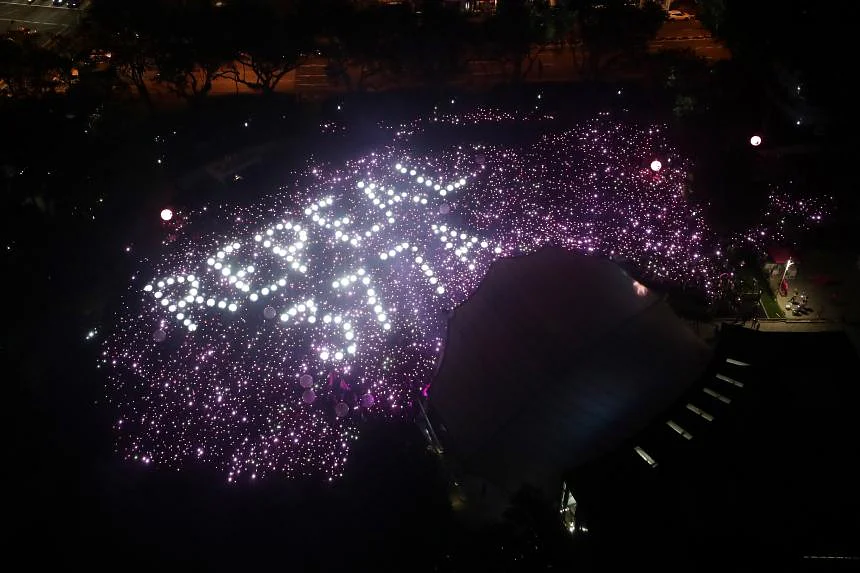Singapore, 11 May 2010 (Tuesday) – The newly-established Behavioural Sciences Institute (行为科学研究所) (BSI) at the Singapore Management University (SMU) is off to a good start with a S$4.5 million grant from the Civil Service College. The funds, to be disbursed to the BSI through the Civil Service College over a three-year period, will be used to build Singapore's capabilities in behavioural sciences by supporting the Institute's activities in research, training and education, as well as industry outreach and application.
The BSI is a multi-disciplinary research institute, set up by SMU, for creating, disseminating and applying scientific knowledge about human behaviour in various social, organisational and cultural settings. The Institute will focus on areas such as Quality of Life and Well-Being, Culture and Behaviour, Thinking and Decision Making, Work Behaviour, Methods in Behavioural Sciences, and Public Policy and Behaviour. The Institute will operate in a collaborative manner by bringing academia, business and government to work together to better understand human behaviour and adopt evidence-based approaches to develop effective organisational practices and public policies.
Mr Lionel Yeo (杨汉忠), Dean & CEO of the Civil Service College and Deputy Secretary of the Public Service Division, said: “We need to better understand human behaviour as they occur in various social, organizational, cultural and political contexts, in order to formulate good public policies or organizational policies and implement them effectively for the good of citizens or employees. We are confident that BSI at SMU will play a significant role in meeting this need in the public and private sectors.”
Professor David Chan (陈振中), Director of BSI and Deputy Provost of SMU, said: “BSI at SMU will be a premier institute in Singapore and the Asia-Pacific region, providing thought leadership, producing rigorous research findings and presenting effective approaches to address emerging behavioural issues that are of critical importance and sustained relevance in the academic, business and public policy communities. SMU is very pleased that the Civil Service College recognizes the value of behavioural sciences and the need for building capacities in the area.”
To achieve its mission and objectives, the Institute will host and catalyse collaborative inter-disciplinary and translational work involving researchers (from both local and overseas research institutions) and practitioners to provide evidence-based solutions to practical problems facing businesses and governments, particularly in the context of Singapore and the region. Leading international behavioural scientists will join hands with local researchers to undertake cutting edge research to produce high impact research findings with both applications to Singapore and the world.
A repository of important data and information for academic and applied policy and business use, as well as relevant national and organisational indices in relevant domains such as a Well-Being Index to assess the pulse of different groups of employees, citizens or foreigners, will be established.
To ensure ongoing relevance in the various research, training and educational programmes, the Institute will actively engage key leaders from different leading business organizations through focus group discussions, breakfast seminars, CEO forums, practitioner conferences and other activities, to gain an understanding of the practical organizational needs in business and industry. A network of thought leadership, including researchers and business and public sector leaders, will be formed to apply research findings and share best behavioural practices.
The S$4.5 milllion grant from the Civil Service College is a start-up fund for the BSI to build capacities and conduct research with public sector agencies. To ensure long-term sustainability, SMU plans to raise additional funds to support the Institute's activities.
For more information on BSI, please visit http://bsi.smu.edu.sg.
